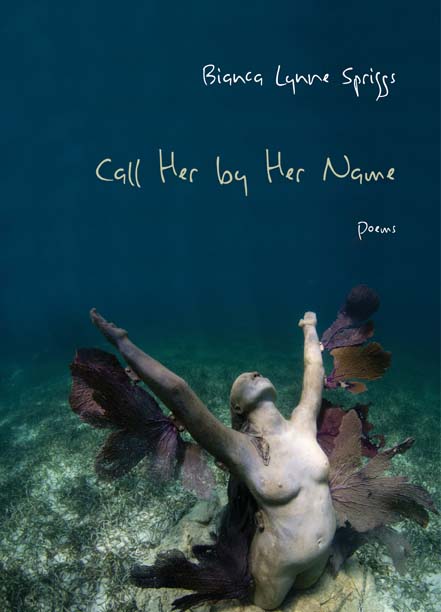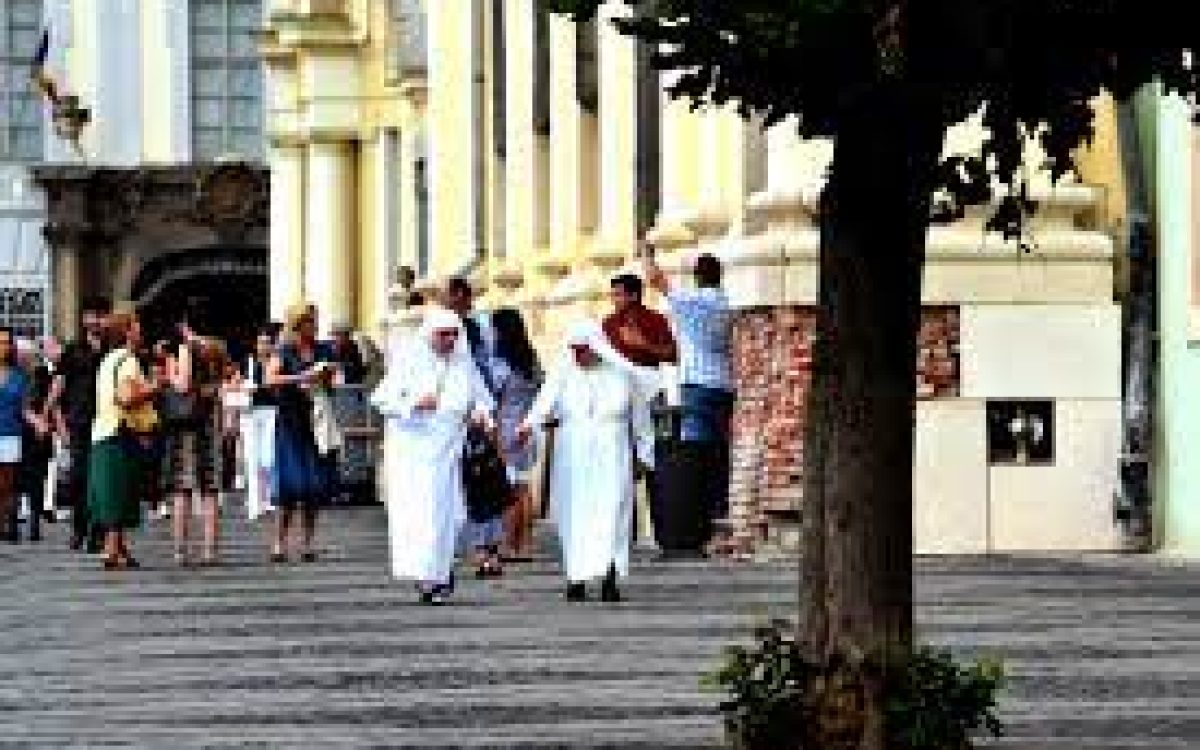Kimberly Crenshaw is an American lawyer, civil rights advocate, philosopher, critical race theorist and University professor. She coined the term intersectionality. In a Ted talk she gave on 27 October 2016, she made one beautiful observation: “Without frames that are capacious enough to address all the ways that disadvantages and burdens play out for all members of a particular group, the efforts to mobilize resources to address a social problem will be partial and exclusionary.”
For Crenshaw, there is no way a problem will be resolved without it being first recognized, named and addressed. She says, “When there’s no name for a problem, you can’t see a problem. And when you can’t see a problem, you pretty not, [sic] can’t solve it.” To illustrate this, she described how a judge dismissed a case of discrimination against a black woman without first considering her circumstances as a BLACK WOMAN.  According to the judge, the company in question has black people (men) and women (white) on their payroll. This blindness to the particularity of the victim of discrimination, who happened to be in two categories that are often neglected (black and woman). This made Crenshaw dig deeper to shed light on those who happen to be at the intersection of society. And eventually, she forced the law to consider these intersectional realities that put certain members of society on the dark side.
According to the judge, the company in question has black people (men) and women (white) on their payroll. This blindness to the particularity of the victim of discrimination, who happened to be in two categories that are often neglected (black and woman). This made Crenshaw dig deeper to shed light on those who happen to be at the intersection of society. And eventually, she forced the law to consider these intersectional realities that put certain members of society on the dark side.
Henceforth, she insists that we always have to describe every discrimination and call their victims by their names.
Recently, I started talking about lateral violence going on among our female religious congregations. The problem we have with this reality is not that they are not present but that no one wants to speak about them. We do not even have a name for it, so we pretend they are not there. And this is where Crenshaw’s critical race theory is useful. According to her, there is no way a problem will be resolved without it being first recognized, named and addressed.
In 2014, the African American forum said that to start resolving this issue of intersectionality, we should learn to say the names of those facing injustice. And since then, Crenshaw and many other activists made it a point of duty always to say the names of the victims of injustice so that no one can forget it.
On this same note, we will, in the days to come, name some victims of this abuse of power that we have observed in our religious houses. We will say their names as well as the maltreatment they are subjected to.
- Some have been forced to prostitute themselves
- some have been made to beg to survive.
- Some have to beg to buy their female hygiene products.
- Those from rich families often depend on their families to even buy medication.
- They beg for money to buy provisions so as not to die of hunger
- Some seek friends to talk to as they feel lonely in a community of many sisters.
- Some might have even committed suicide or been allowed to die without receiving proper treatment.
We should never forget either their names or the ordeals they go through. And it is not because you don’t see it that it does not exist. Ask questions and pay attention to the unsaid, as they will ordinarily tell you they have no problem. But we will address this particular issue in the future.






